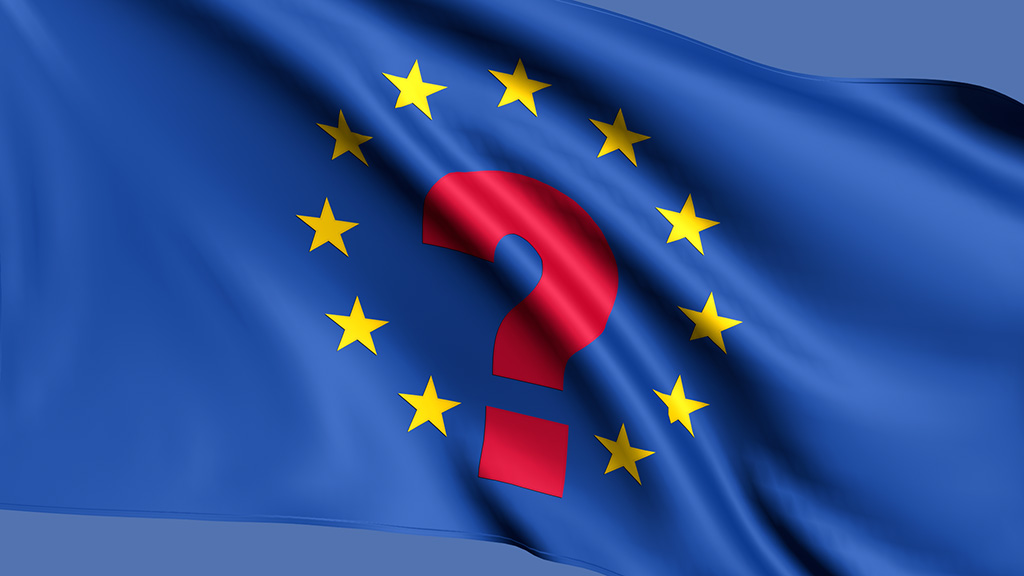International broadcasters invested an estimated billion pounds in the United Kingdom in 2017. That investment is at risk unless the government secures access to European Union markets, warns the Commercial Broadcasters Association.
The industry body for multichannel broadcasters commissioned research on investment by channels that are based in the United Kingdom but broadcast overseas.
The United Kingdom is the leading broadcasting hub in Europe. Around 1,400 channels are based in the United Kingdom, representing more than a third of all those in the European Union. The United Kingdom is home to 761 international channels and services licensed by the national communications regulator, Ofcom, that broadcast to other countries.
COBA members operate 530 international channels from the United Kingdom, with another 38 from COBA affiliate members. A further 193 international channels are operated by organisations that are not members of COBA.
Members of COBA include A+E, AMC, Discovery, Fox, NBC Universal, Scripps, Sky, Sony Pictures, Turner, and The Walt Disney Company.
The report found that international broadcasters invested just over a billion pounds in 2017 in programming, production facilities, wages, overheads and technologies, making a major contribution to the critical mass of the television sector in the United Kingdom. This investment has increased by more than 50% on the figure of £679 million in 2011.
The figures are based on estimates of annual costs per channel for those channels broadcast to countries outside the United Kingdom. They cover one-off costs and annual operational costs, including programming and versioning, production and facilities, transmission, channel management, sales and marketing, overheads and legal fees.
COBA says the status of London as an international broadcasting hub is at risk if the United Kingdom does not secure access for international channels based there to European markets as a result of leaving the European Union.

Currently, any member state of the European Union must recognise a broadcast licence granted to a broadcaster by another member state.
In the event that the United Kingdom leaves the European Union without agreement of alternative arrangements, international broadcasters may need to restructure their operations to qualify for a broadcast licence from another European country.
“The UK is Europe’s number one broadcasting hub for good reason and no one wants to restructure their business,” said Adam Minns, the executive director of COBA. “But if a UK broadcasting licence is no longer recognised by the EU, international channels will have no choice.”
He called on both the United Kingdom and the European Union to provide clarity on transitional arrangements quickly, saying “broadcasters cannot wait until the cliff edge in March 2019 before making these decisions, they need to plan any restructuring well in advance.”

The call echoed his comments at the Media Summits BREXIT BRIEFING arranged by informitv in November, at which he said: “If we’re still running around in the dark by January of next year I would expect people to start having to make decisions in the first half of next year.”
With just over a year to go until the deadline of 29 March 2019, much about ‘Brexit’ is still uncertain. Last month a report from the Digital, Culture, Media and Sport Committee called on the United Kingdom Government to address profound industry uncertainty for the audio-visual sector in relation to the European Union. Sharon White, the chief executive of Ofcom, told the committee this was the “biggest issue for our sector”. She suggested that a number of companies had contingency plans and were “ waiting to see “whether the picture becomes clearer and more certain over the next few months”.
